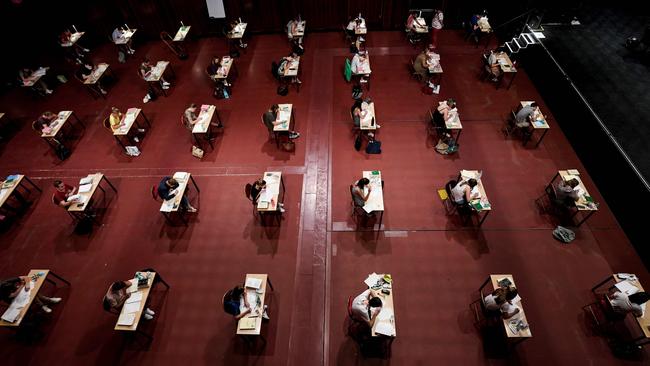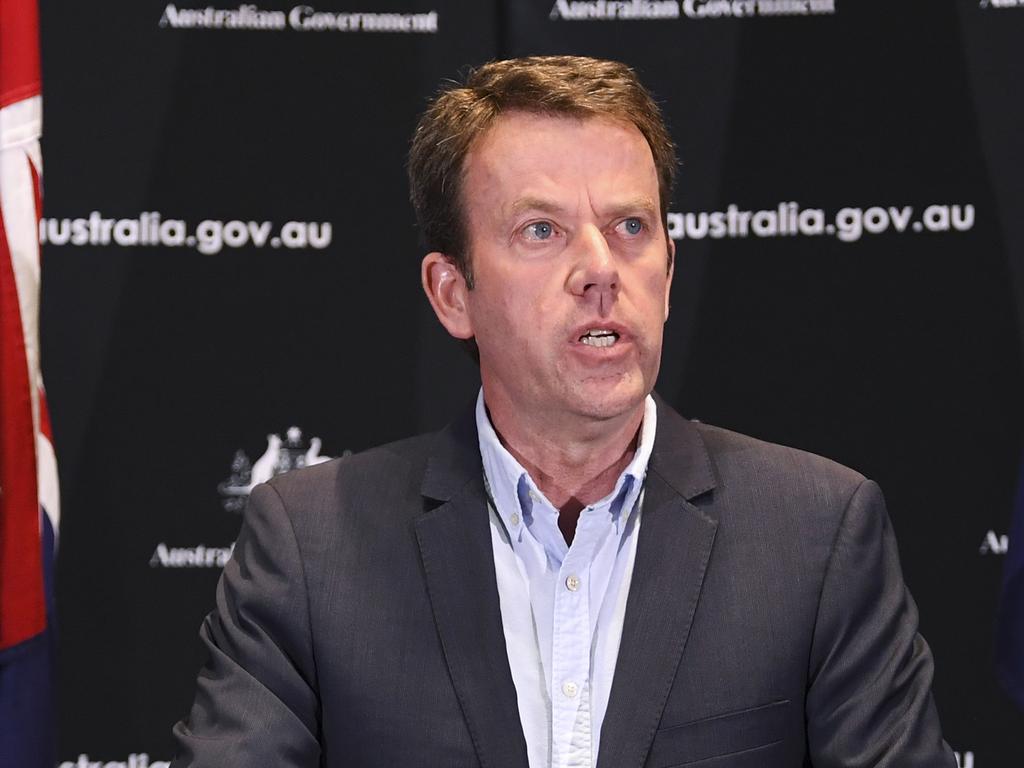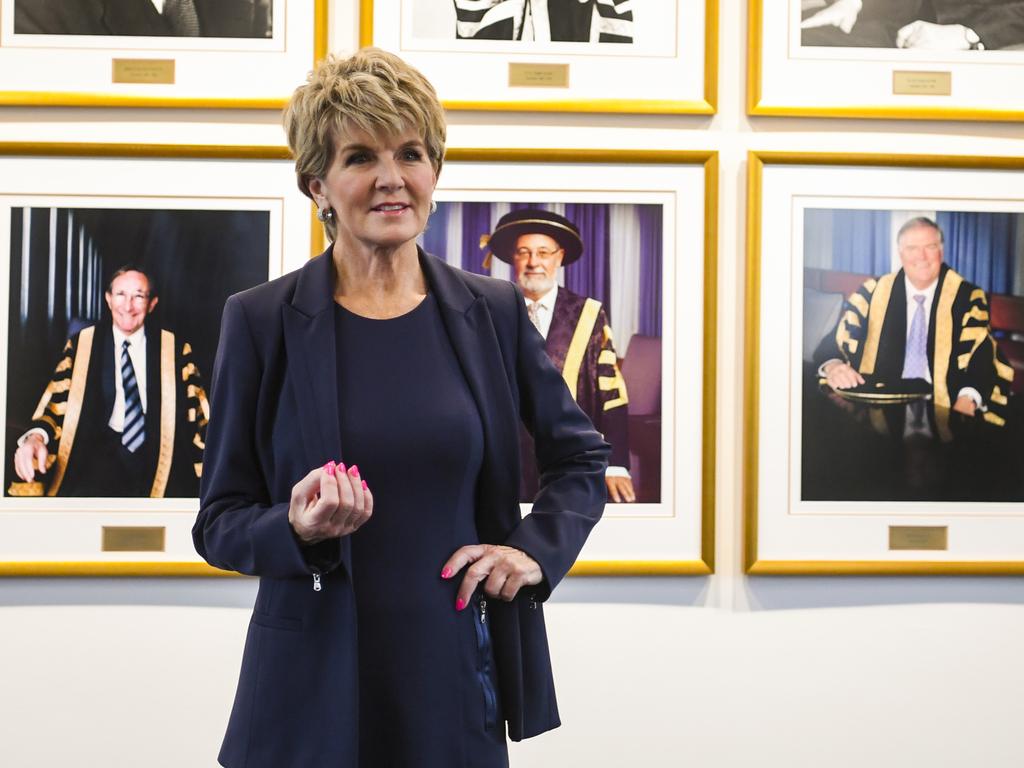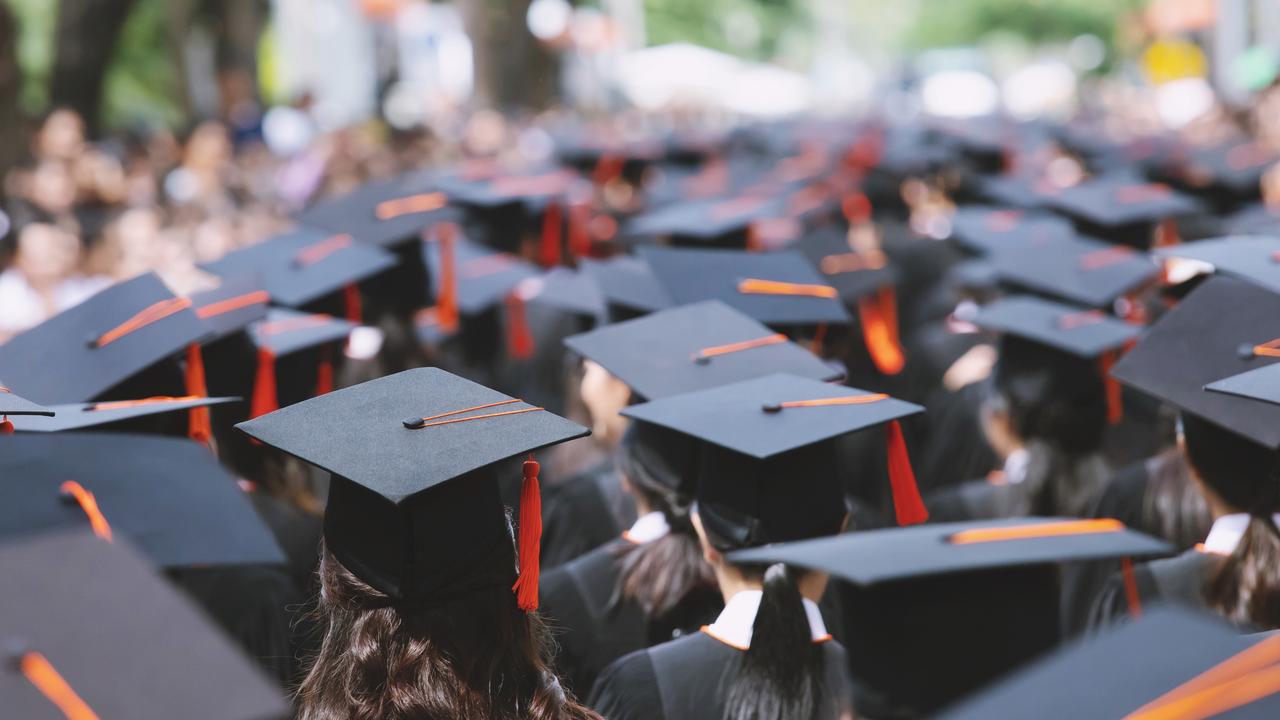
For the past decade or more the power and influence of the top three rankings — QS, Times Higher Education and the Academic Ranking of World Universities — has been growing and growing. It became the de facto measure of quality for universities, based on little more than a list of tick boxes that people agreed to agree would determine what was good and worthwhile in higher education.
For any university that moved up these rankings, the rewards were great. More international students came their way, bringing a river of gold in the form of higher tuition fees, which then funded the university’s efforts to move yet higher in the rankings by funding research, and buying in researchers, to win publication and citations in top level journals.
But now this wheel of fortune has been broken. COVID-19, an economic recession and the Trump-Xi geopolitical stand-off have blown a hole in the international student market and we don’t know how quickly it can be repaired.
While Scott Jones, the chief executive of Navitas (a company dependent on international education), is optimistic it can bounce back soon in Australia, that is very dependent on achieving global stability in three critical spheres — economic, political and health — and that is far from certain.
Australia’s international student business is extremely vulnerable to becoming collateral damage in a US-China cold war. We see this already happening with the Chinese Ministry of Education issuing a warning on Tuesday to students to be cautious about going to Australia. That puts a question mark over Australia’s largest student market.
And India, Australia’s second largest market, is a COVID hotspot that will not be sending students here any time soon.
For Australia’s economy, and its nascent ability to project soft power in Asia through the millions of students who come to know and respect the country, this is a looming disaster.
Still, it may not turn out all bad. As Jones says, at this point Australia is a more attractive student destination than the US and Britain because we have controlled COVID, and also because the US is in the throes of social and political upheaval. This is a unique opportunity for our universities because, in normal times, students choose the US and Britain above Australia — not least because the global rankings put their top universities above ours.
But now it’s time to question why those rankings are so influential, and whether we should buy into the picture they paint of the “quality” of a university.
There is plenty to question. It’s risible that, in the methodology of both the QS and the Times Higher Education rankings, universities do better if they have more international students. Since Australia’s universities are facing crisis because they were too reliant on international students, I think we can all agree this is way too simplistic a formula.
Students, and their parents, should also question why a university that does well in research — which accounts for all of the ARWU ranking and a significant portion of the other two — is necessarily a university that will teach well. They should also note that the rankings are skewed to past reputation and past performance, which says little about the present and the future.
Finally, they should note that gaming the rankings has become a specialty in itself and universities spend a lot of time and effort trying to do that. In other words, a ranking tells you little more than how successful a university has been in playing the rankings game.
It’s not that highly ranked universities should be dismissed. All the effort they put into raising their research ranking, for example, will do some good. But it could do even more good if excellence per se was the motivation, not an arbitrary ranking.
But with international student revenue collapsing, Australian universities won’t have nearly the same ability to push themselves up the global rankings. They have lost the money they need to play the game. So we can expect that, after a decade and a half of upward progress, Australian university rankings will slip in coming years. If we are interested in the real “quality” of our universities, that won’t be a bad thing.







The global university rankings season is under way, kicked off on Wednesday morning by the release of this year’s list from QS. But this year it wasn’t met by quite the usual degree of enthusiasm from university media offices, which normally bury my inbox in a blizzard of releases skiting about how they have moved up several places, or broken into the world’s top 200 or even 300.